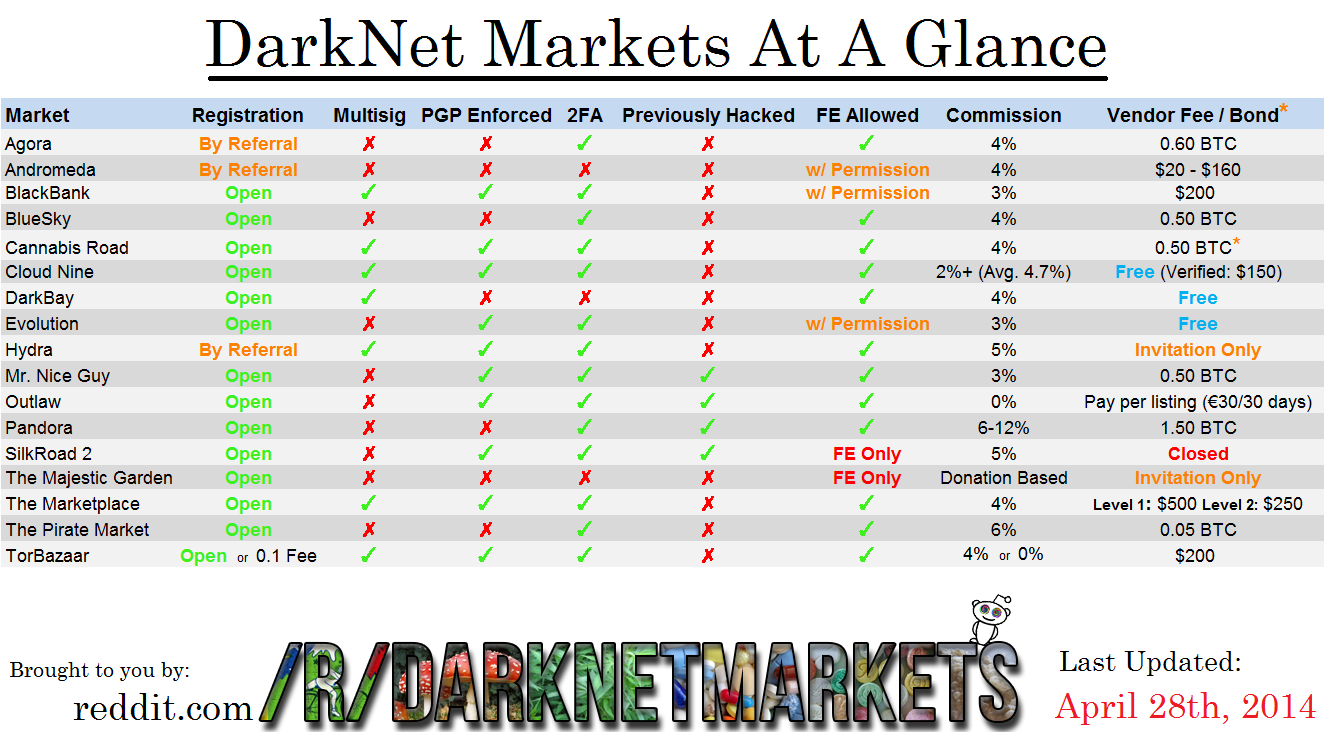Past the Facade: Understanding the Dark Web Market Environment
The secret internet has long been covered in secrecy, often portrayed as a murky underworld filled with illegal activities and hidden agendas. Nevertheless, beneath this captivating surface lies a complex terrain of online marketplaces that serve a range of needs and demands. Understanding these dark web markets necessitates investigating a realm that operates beyond the regular internet, where anonymity is cherished and dealings can range from the criminal to the harmless.
As users move through the darknet, they come across a diverse array of platforms, every with its own features and products. From illegal goods and services to secure communications and privacy-oriented products, the dark web presents a complex environment that questions our perceptions of online engagement. In this piece, we intend to explore the present state of dark web markets, analyzing their framework, the nature of their dealings, and the economic and social factors that contribute to their presence. By shedding light on this concealed realm, we aim to provide a clearer insight of what motivates these markets and the effects they hold for communities at a general level.
The Anatomy of this Dark Web
This obscured part of the internet is a minor part of the internet that is deliberately hidden and off-limits through standard web browsers. It requires particular software, configurations, or authorization to access, the most prevalent being Tor, which permits users to browse anonymously. Unlike the surface web, the dark web is frequently associated with illegal activities, but it also serves valid purposes, such as providing a platform for free speech in tyrannical regimes and protecting privacy.
Navigating the dark web can be challenging due to its unique structure. Content is sorted into numerous markets, forums, and websites, each serving various interests and communities. These markets operate similarly to traditional e-commerce platforms but typically focus on the sale of unlawful goods and services, including drugs, weapons, and stolen data. However, users should be wary, as these spaces can also contain scams and malevolent individuals.
The technologies that ensure the dark web's anonymity extend beyond against government surveillance or censorship. Cryptocurrencies like Bitcoin are often utilized for transactions to make sure that the identities of buyers and sellers remain obscured. This financial layer adds an intricate dimension to the marketplace dynamics, where trust is frequently developed through user ratings and feedback systems, akin to those found in well-established digital marketplaces.
Key Players in the Underground Market
The hidden market landscape is populated by a diversity of actors, each playing a specific role in its elaborate ecosystem. At the forefront are the market managers, who develop and oversee the venues where goods and services are purchased and sold. These individuals are often highly experienced in technology, using sophisticated coding and security measures to protect their sites from law enforcement agencies and competing markets. Their capability to adapt to changes in the digital landscape is vital for the market's sustainability and user trust.
Another key group comprises the vendors, who supply an variety of products such as illegal drugs and weapons to counterfeit goods and hacking services. These providers establish their credibility through user ratings and feedback, which can greatly impact their sales. Many use nicknames to conceal their names while leveraging various marketing strategies to promote their offerings. The competitive dynamic of the darknet market drives these vendors to create, constantly finding new methods to attract buyers and keep a consistent customer base.
Finally, the users themselves form the backbone of the darknet market. Customers are drawn to these platforms for their perceived anonymity, accessing items that may be difficult or impossible to obtain through conventional means. They are often knowledgeable in cybersecurity practices, using tools like encrypted communication and cryptocurrencies to secure their trades. The relationship between users and vendors creates a dynamic environment where trust and reputation are critical, shaping the overall health and activity level of the darknet markets.
Threats and Judicial Consequences
Participating with darkweb markets presents considerable risks that can have grave consequences for users. One of the main concerns is the potential for encountering scams or deceptive listings. Many operators exploit the anonymity of the darknet to create platforms that appear legitimate but vanish with customers' funds. Buyers may receive fake products or no product at all, resulting in monetary loss and frustration.
Furthermore, the law-related implications of accessing dark web markets cannot be ignored. Law enforcement agencies closely watch these sites, targeting illegal activities such as drug trafficking, weapons sales, and identity theft. darkmarket 2025 Individuals caught purchasing illegal goods can face significant fines or even jail time, depending on the jurisdiction and the severity of the crime. The anonymity provided by the darknet is not guaranteed, and various tactics, including digital forensics, can lead to participant identification.
In addition, there is also the risk of being exposed to harmful or malicious content. Users may inadvertently download malware or fall victim to online crimes such as hacking or data theft. Beyond financial and law-related consequences, interacting with darkweb markets can compromise personal safety and confidentiality. The unpredictable nature of these environments leaves individuals exposed to threats from other users or criminal groups, making it important to approach the darkweb with extreme caution.
